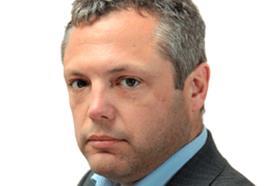Things we assume to be self-evident are not necessarily so. But for all its cerebral heft, the legal profession is no more immune to cognitive dissonance than any other sector. A couple of examples.

Shadow justice secretary David Lammy contributed a thoughtful piece to the Gazette for pro bono week calling for a national network of hubs. These would serve as ‘rallying points, both visible and vocal, and become “go-tos” for those needing advice’. He cited the US as a trailblazer.
It is a very sound idea. No reasonable person could demur. And yet. Didn’t the post-war Labour party devise a universalist legal aid system that aspired to evolve into something like this? Lammy can’t pre-empt a (far-off) Labour government’s spending plans, but it can appear defeatist to imply that the exchequer could no longer afford such an indulgence.
Moreover – an old trope, this – why lawyers? There are few pro bono plumbers, or painters and decorators, but no one seems to mind much. Perhaps the difference is that all lawyers are wealthy and have lots of time to do good works.
And so to social mobility. Another week, another ‘hit parade’ of standout performers from the law. Of the top 75 UK employers who have taken the most action on social mobility, says the Social Mobility Foundation, a whopping 36% are legal employers.
Commendable. But setting targets and launching inclusive work experience schemes only takes us so far. As the Gazette highlighted this summer, action must not be confused with achievement. A layperson might scan the foundation’s index and conclude the law is peerlessly inclusive – it comes top, after all – but that would be the opposite of the truth. As we know, the law remains among the most exclusive professions and trades. The situation has actually got worse.
Law will be truly ‘mobile’ – socio-economically – when 90% of barristers and top-20 law firm partners went to state schools. This is not going to happen soon, for all the good intentions amplified by expensive PR teams and slick CSR departments. The best that can be said is that the profession knows it has a problem and appears to want to do something about it.































No comments yet